As they launch their crumpled ball of paper into the bin, many feel like professional basketball players. However, few understand the impact they have when recycling. Local, state, national, and international researchers and experts all agree: being environmentally conscious has significant positive implications.
A primary benefit of recycling is the alleviation of harmful toxins and gases that otherwise go into the atmosphere. The Pacific Regional Environment Programme Factsheet explains that plastic does not have the ability to completely break down. Instead, it “photo-degrades,” turning into a microplastic. Microplastics are compact plastic debris and, when created, they absorb toxins, further harming the earth.
Nevertheless, there are many who are dedicated to changing the current narrative. One person devoted to the concept of going green is Chelsea Odum, a Dreyfoos visual alumna and former artist in residence who doubled as the recycling coordinator in her five years working for the school. Odum is now the Education and Program Coordinator at Resource Depot, a non-profit organization in West Palm Beach that is dedicated to reviving, repurposing, and redistributing materials. Odum is extremely cognizant of the environmental impacts that everyday actions may have.
“The average life of a plastic bag is 12 minutes, but it lasts a lot longer in our landfills,” Odum said. In fact, single-use plastic bags take centuries to break down. The Center for Biological Diversity verifies that it takes more than 500 years for a plastic bag to degrade in a landfill.
The Florida Department of Environmental Protection states that Florida is approaching a 75 percent recycling rate by 2020. However, this objective requires effort from counties, businesses, schools, and students within the state.
County-wide, there are individuals who work every day to promote a brighter future, both environmentally and economically. Brian Elkins, the Education Specialist at the Solid Waste Authority of Palm Beach County, acknowledges that recycling is a difficult, but a necessary, multilateral effort.
“Recycling is important because it saves natural resources, saves money, and creates jobs,” Elkins said. “The recycling industry also creates many different jobs from engineers designing and building roads from different materials, to researchers finding new ways of recycling materials and keeping these programs sustainable.”
Stanford University’s Recycling Center offers statistics regarding California’s recycling that prove its ability to bolster the economy. According to their research, California’s 4,342 recycling institutions provide jobs to 84,000 people, “generate an annual payroll of $2.25 billion, and gross $14.2 billion in annual revenues.” Further, the Center reports that for every one job in recycling collection in California, eight more jobs are created in manufacturing the recycled material into a different good.
These types of unique benefits have substantial impacts on the livelihoods of many Americans. The “three Rs”— reduce, reuse, and recycle— have the ability to change the world for the better. There is a lot more to recycling than just tossing objects in bins.
“[Little things such as] reducing the number of printed handouts and trying to use refillable pens instead of disposable ones make a big difference,” Odum said. “If not about the bigger picture, it is about your own health and wellbeing in the future.”






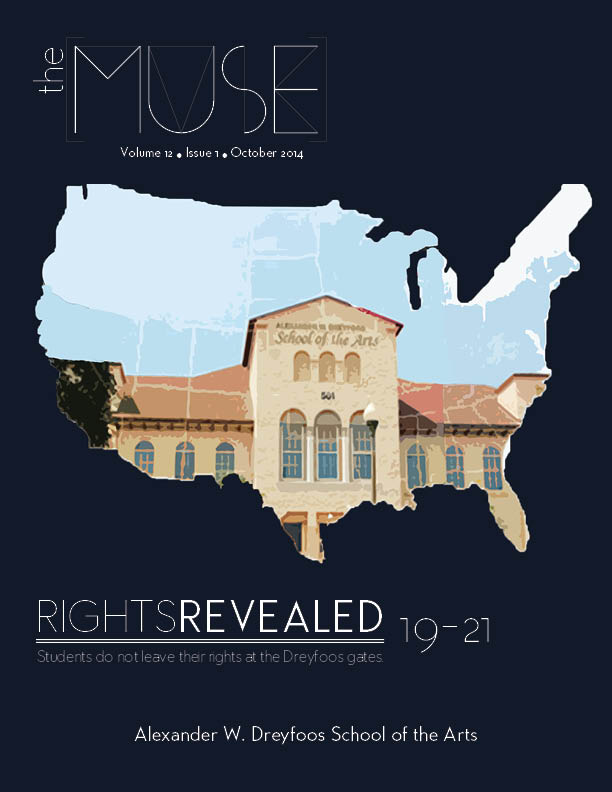
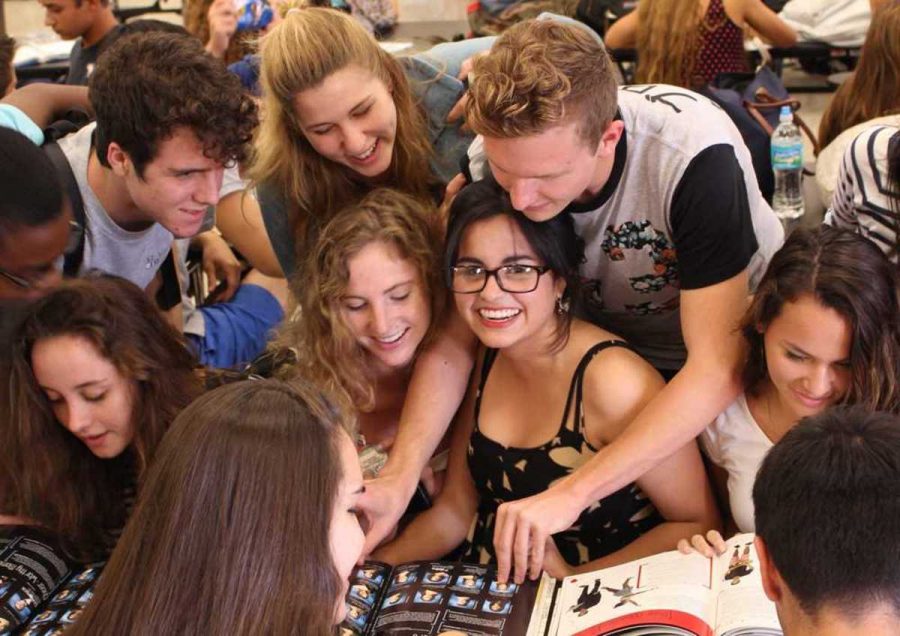










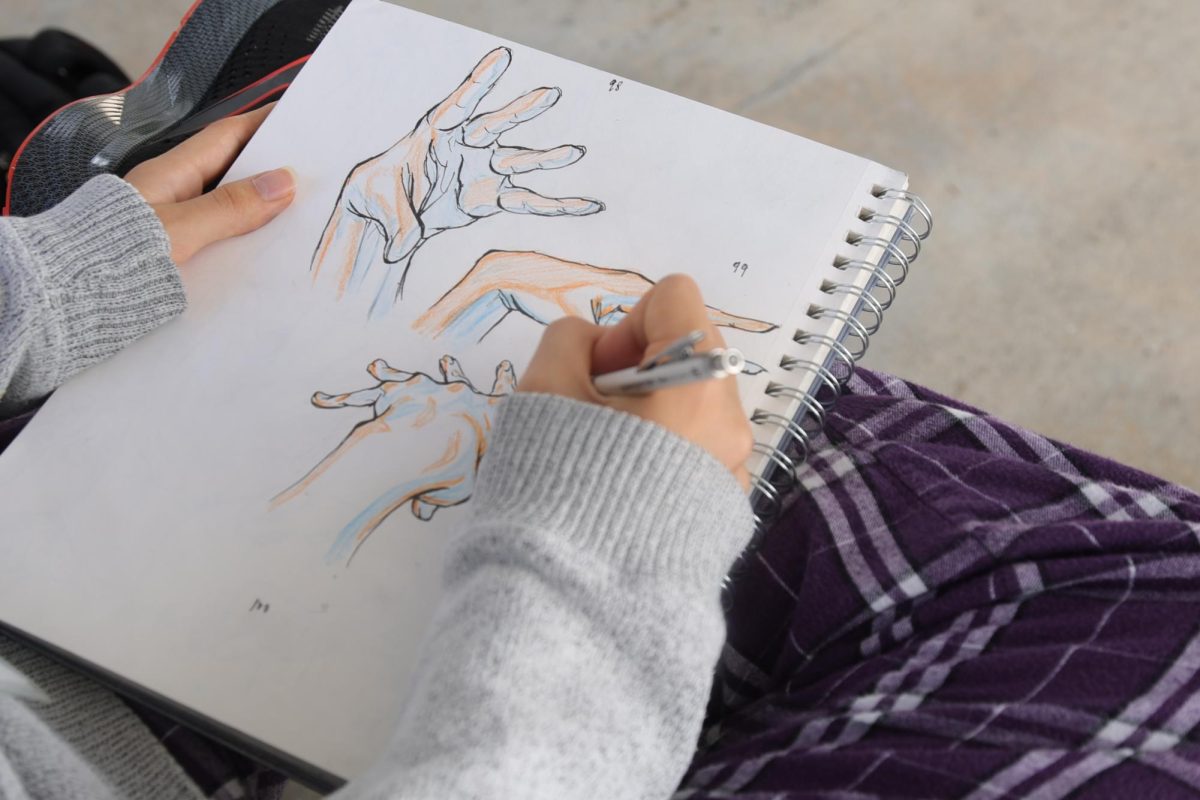




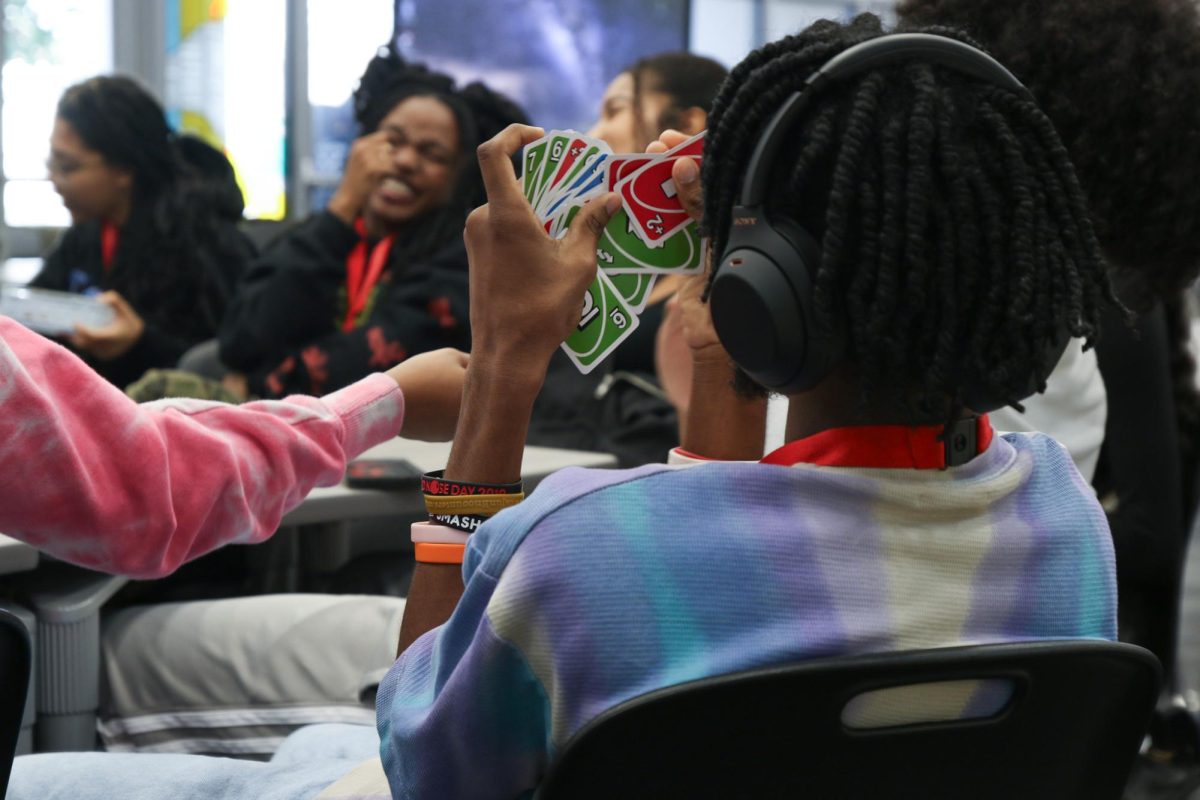


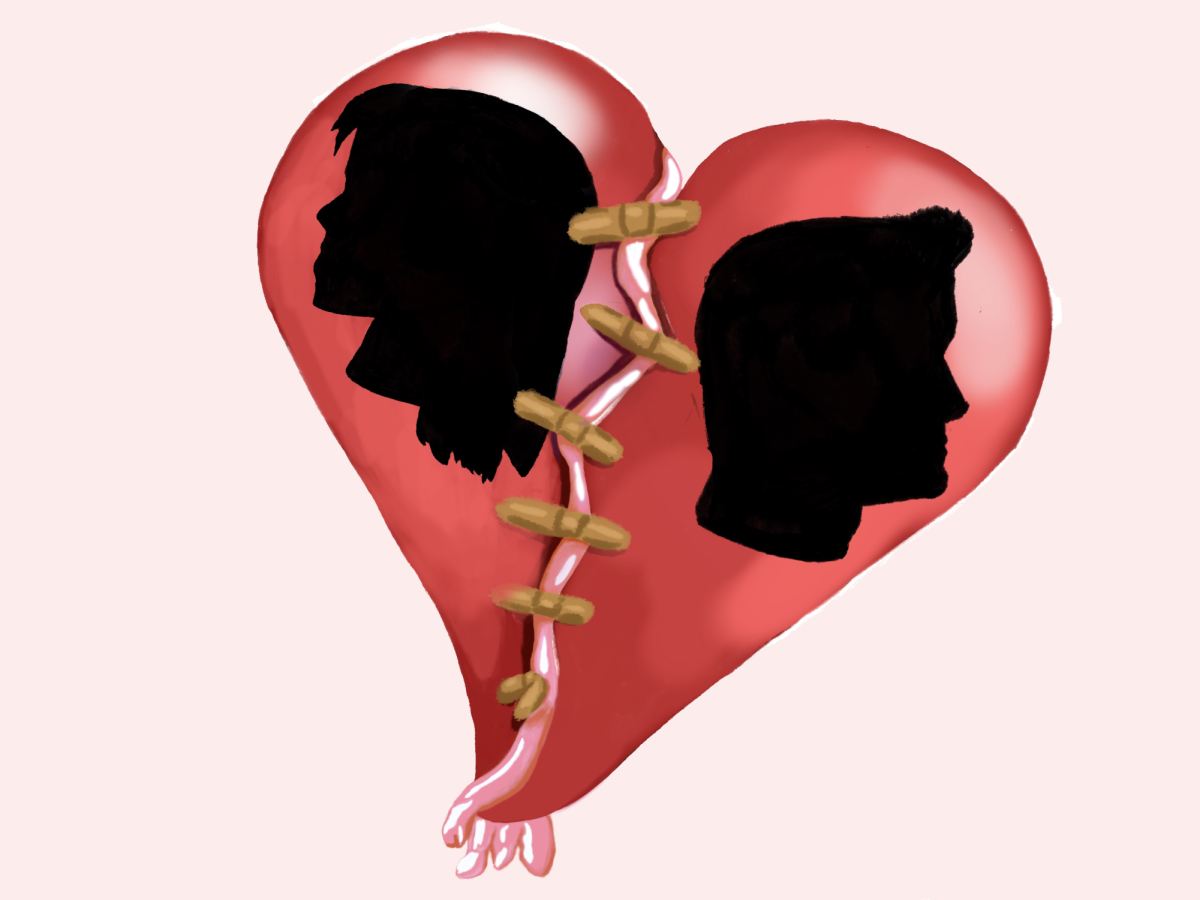
![[BRIEF] Class of 2024 Top 20](https://www.themuseatdreyfoos.com/wp-content/uploads/2023/10/breaking-news-1200x927.png)
